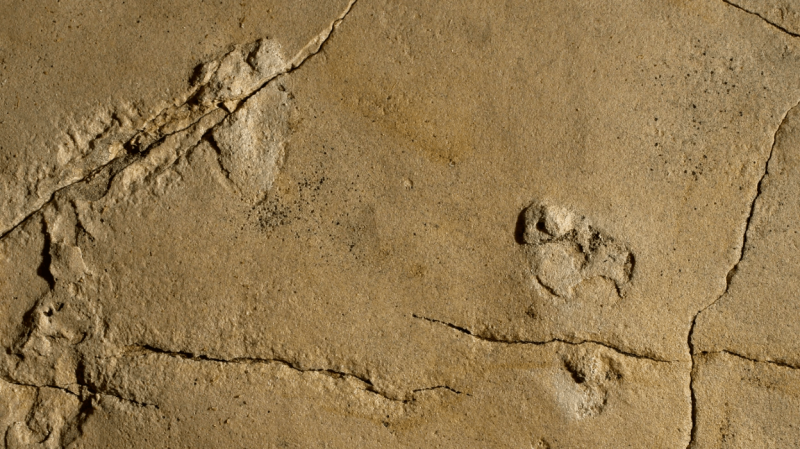In 2002, researchers who had discovered hominid footprints on the Greek island of Crete discovered they were made an incredible 5.7 million years ago. Now, they say, they are putting back the date even further, making it almost certain that they are much older still.
Back in 2017, Dr. Per Ahlberg from Uppsala University and his colleagues determined that the footprints that had become fossilized in a rock on Crete were 5.7 million years old and made by a human ancestor.
This was a revolutionary finding, indicating that it was possible that humans evolved in Europe — launching a curveball into African-origin evolutionary theory. But recent research shows that the 50 footprints are more than 300,000 years older than previously thought, according to a scientific paper published in Scientific Reports.
The hominid, who had earlier been thought to belong to the group of proto-humans called Graecopithecus freyberg, who had been classified as such in 1944. Remains of this individual, affectionately named “El Graeco,” were found outside Athens.
Study co-author Uwe Kirscher, who is an expert on paleogeography at the University of Tübingen, said in a statement “The tracks are almost 2.5 million years older than the tracks attributed to Australopithecus afarensis (Lucy) from Laetoli in Tanzania.”
































